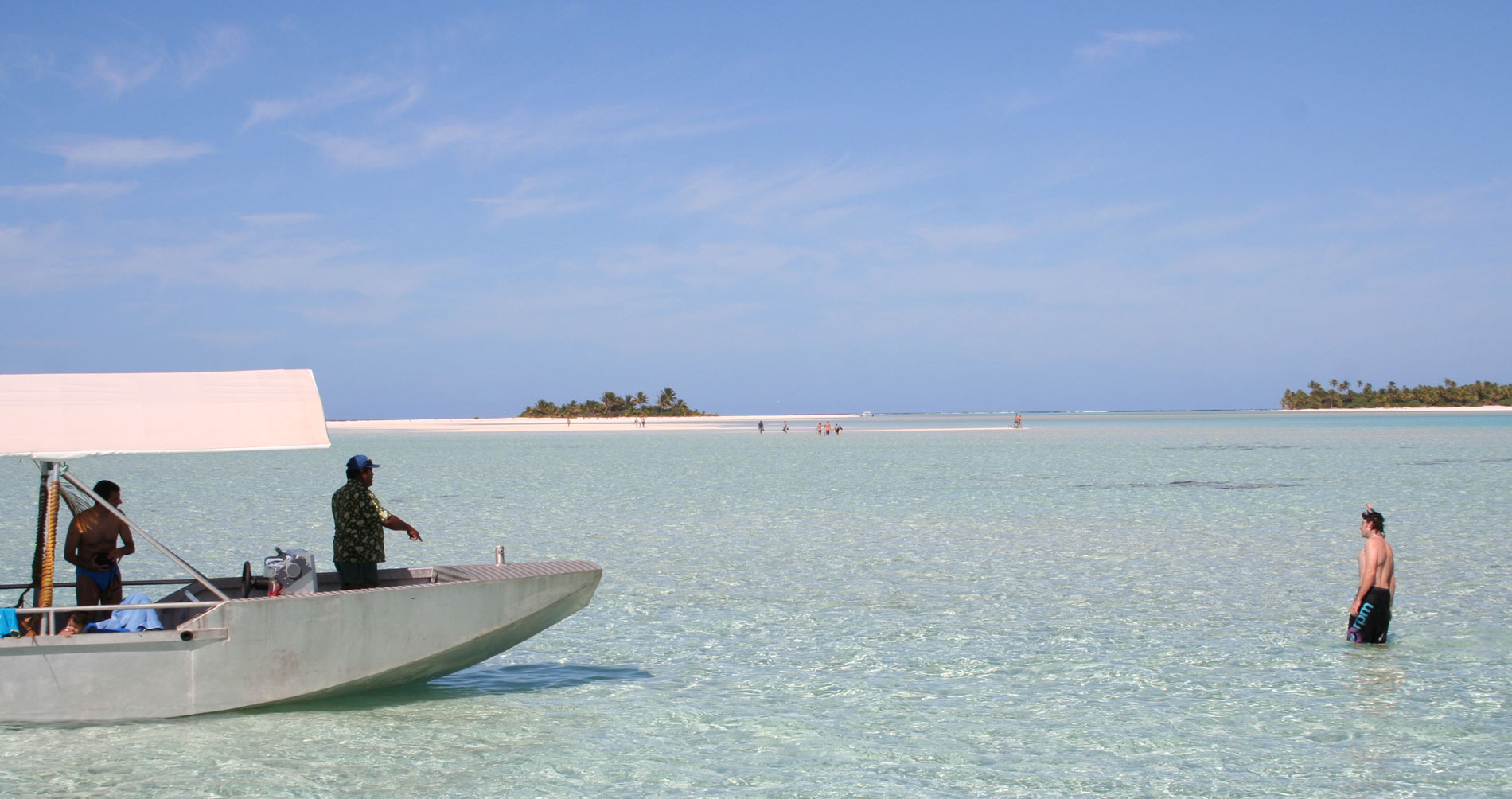How is Typhoid spread?
Typhoid is transmitted through eating and drinking food and water that has been contaminated with the typhoid bacterium, passed on through human urine and faeces. Contamination is most likely when cooked food is handled or left un-refrigerated, though other sources are ill-prepared food and unsanitary water.
What are the symptoms of Typhoid?
- High fever
- Chills
- Sweating
- Headaches
- Malaise and lack of appetite
- Nausea
- Stomach pain sometimes with diarrhoea (in children) or constipation (in adults)
- Muscle aches and pains along with other flu-like symptoms
- Dizziness, delirium and confusion
- Rash
- Convulsions in children under 5
Left untreated, things can get more serious
Who is at risk?
Travellers (particularly in developing countries where sanitation is poor), who consume unsafe food and water.
How to avoid Typhoid
Strict personal hygiene by washing hands after going to the toilet is advised. There is a Typhoid vaccination available, please contact our Travel Health Specialists for more information on this.
Be sensible with your food and water choices. Drink and brush your teeth with sterilised water, be aware of ice in your drinks… if you don’t know where it has come from, avoid it. Raw foods, reheated or poorly cooked food and ice creams can all be potential spreads. Keep your diet familiar for the first few days then gradually introduce local foods. Go with local dishes that are well prepared and have a high turnover in a restaurant. Take hand sanitiser everywhere with you.
We like to say “Cook it, peel it, boil it or avoid it”.
Further information about Typhoid
Please note that the recommendations given are general guidelines as to what may be required for a trip to these countries. However, they really do depend on many factors of your travel itinerary and medical history. All travellers are strongly advised to make an appointment to see a WORLDWISE Travel Doctor for up to date advice (including a vaccination plan and anti-malaria recommendations) tailored specifically to your upcoming trip.
Remember, our Travel Health Specialists are travellers too and have probably been to the region that you are going to. They appreciate the importance of enjoying a problem-free trip and of staying healthy abroad.

